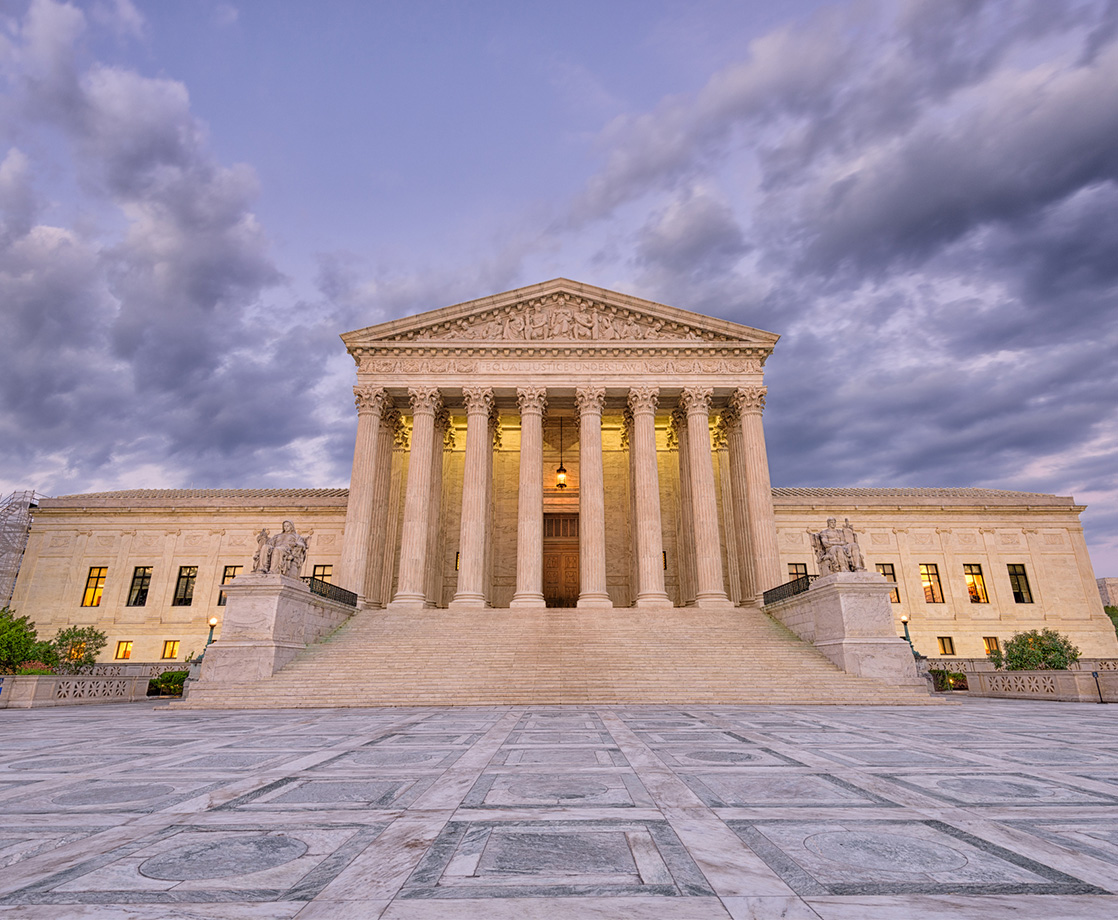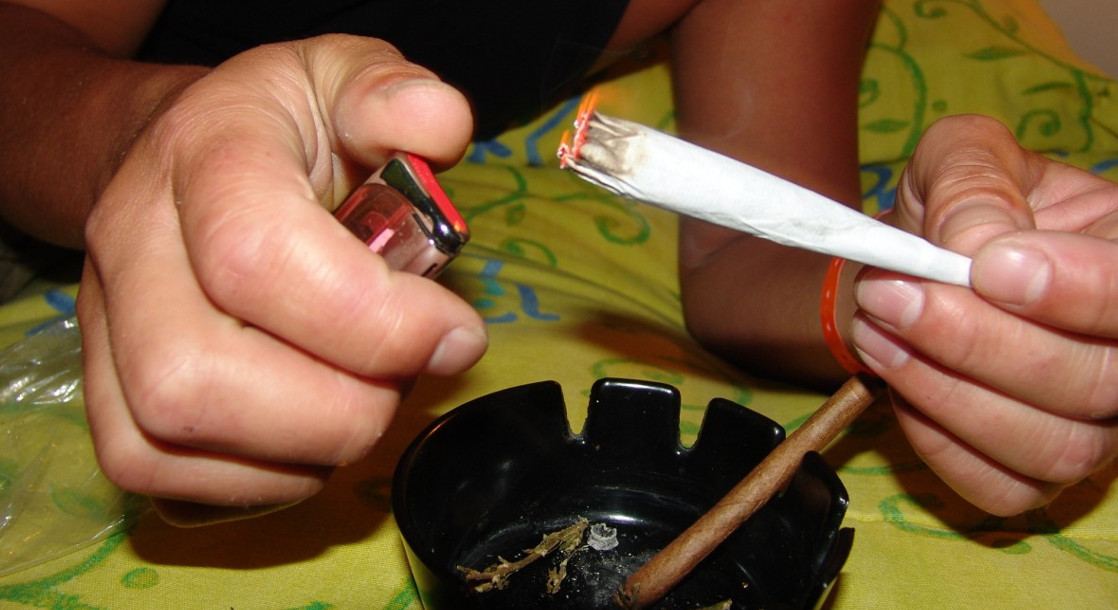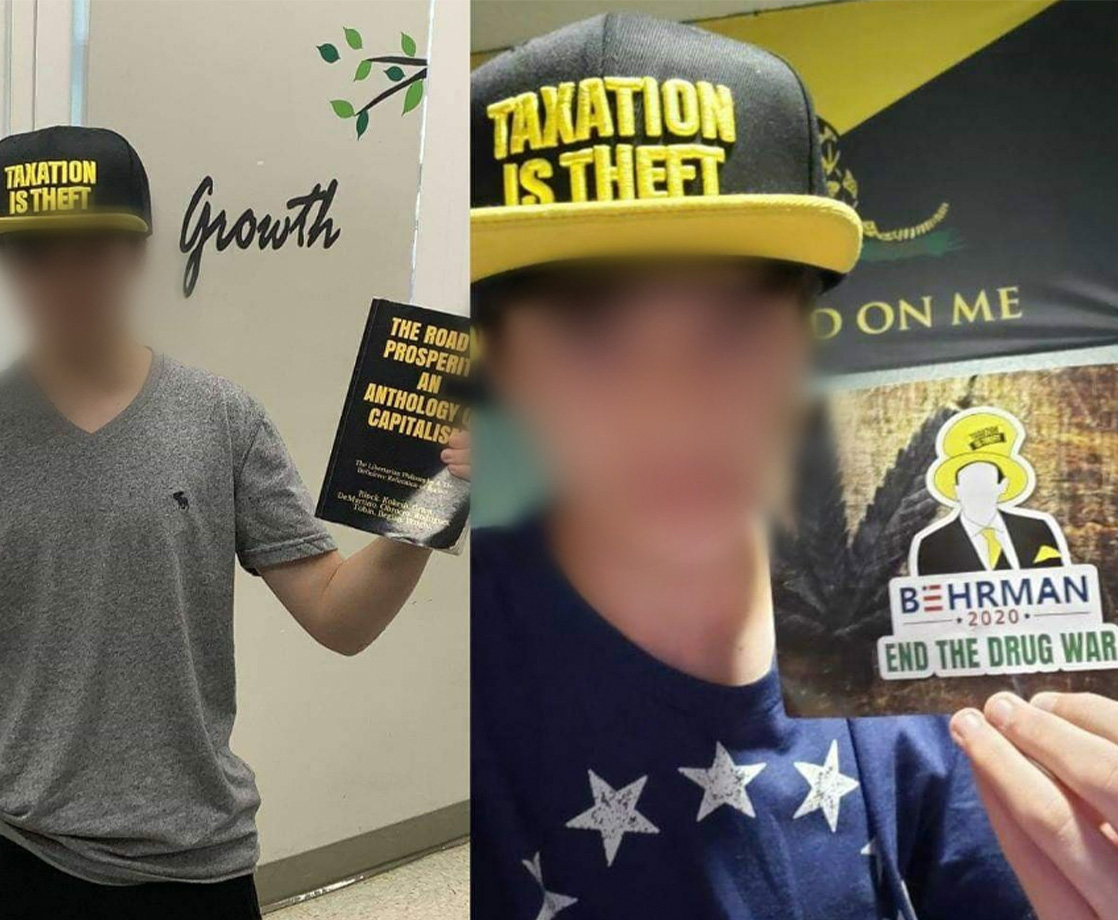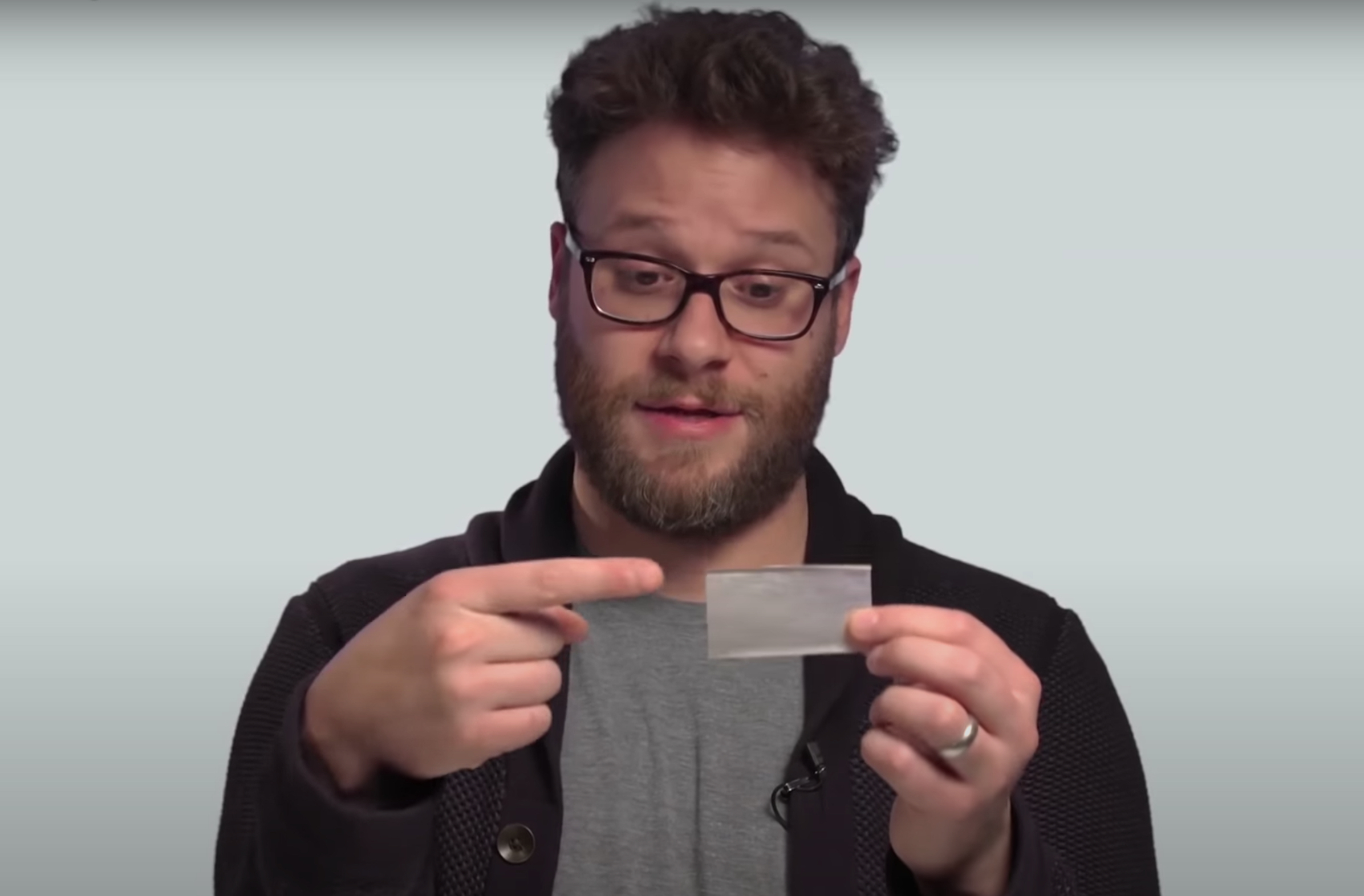This year, several lawmakers have tried to stave off possible federal crackdowns on state-legal cannabis by proposing bills to protect states' rights to legalize weed. But while lawmakers continue to debate these bills, the Supreme Court just handed down a ruling in an unrelated case that may well block the feds from interfering with state-legal weed for good. The case in question, Murphy v. NCAA, is not about cannabis, but centers on a conflict between a voter-approved New Jersey law legalizing sports betting, and a federal law that prohibits the same activity.
The Professional and Amateur Sports Protection Act (PASPA), which became law in 1992, prohibits individual states from allowing sports gambling, unless it was already legal in the state before this law was passed. Years later, New Jersey voters approved a ballot measure that legalized and regulated sports gambling. The NCAA sued, arguing that this new law was prohibited by PASPA, and New Jersey countered that their right to enact their own gambling law was protected under the anti-commandeering principle of the U.S. Constitution.
This Monday, the Supreme Court agreed with New Jersey, ruling 7-2 in the state's favor. In the Court's ruling, Justice Samuel Alito wrote that "the legalization of sports gambling requires an important policy choice, but the choice is not ours to make. Congress can regulate sports gambling directly, but if it elects not to do so, each State is free to act on its own. Our job is to interpret the law Congress has enacted and decide whether it is consistent with the Constitution."
Although the case is not about cannabis, it has abundant parallels to the issue regarding individual states' rights to legalize marijuana versus the plant's illegal status on the federal level. "The legalization of sports gambling is a controversial subject," Justice Alito wrote. "Supporters argue that legalization will produce revenue for the States and critically weaken illegal sports betting operations, which are often run by organized crime. Opponents contend that legalizing sports gambling will hook the young on gambling, encourage people of modest means to squander their savings and earnings, and corrupt professional and college sports."
In principle, the ruling prevents the federal government from conscripting state government officials and lawmakers to administer federal policies. Following this ruling, "it is now clear that the federal government cannot prohibit states from implementing marijuana law reform," Sam Kamin, Professor of Marijuana Law and Policy at the University of Denver, wrote in an op-ed for The Hill.
"Just as it cannot force the states to enforce the federal marijuana prohibition, it cannot require them to keep their own prohibitions in place, or force states that have regulated and taxed marijuana to undo such laws," Kamin wrote. "Of course, the federal government continues to prohibit marijuana and may enforce its own laws even in states with vastly different drug policies, but it is now even more clear that the federal government cannot force this policy on the states."
In an interesting twist of fate, this court case was originally brought by former New Jersey Gov. Chris Christie, a vociferous opponent of cannabis legalization. Christie has constantly called on the feds to crack down on canna-legal states, and the irony that he may have initiated the very court case that prevents this from ever happening is just too sweet to ignore.
(h/t Marijuana Moment)











